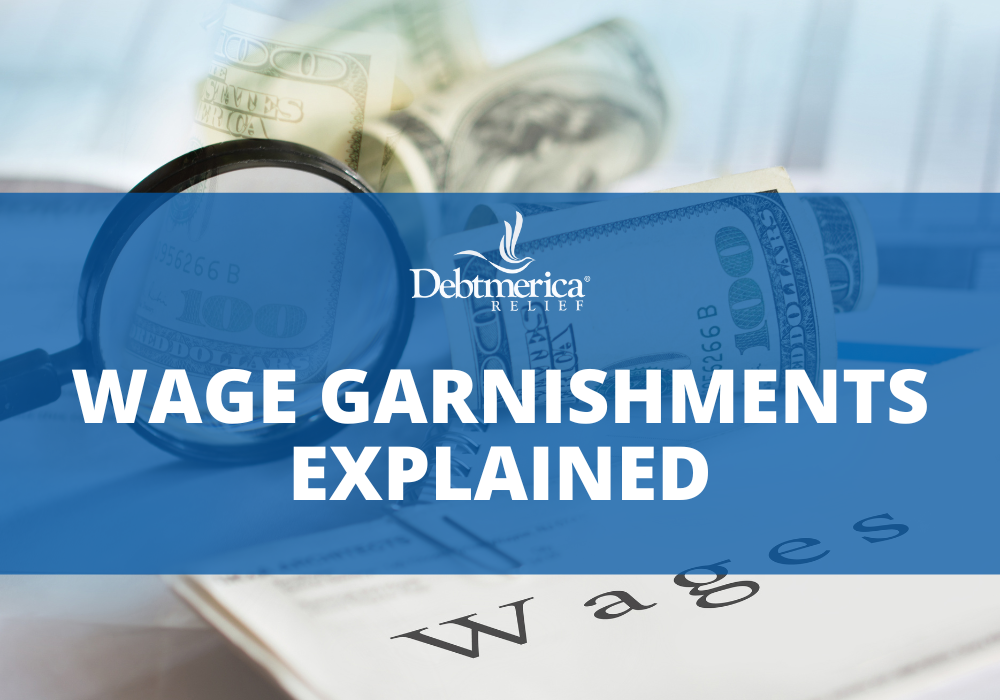I Lost My Credit Card. Now What?

Losing your credit card can be a stressful experience, but it’s important to stay calm and take immediate action to minimize any potential damage. Whether it’s misplaced or stolen, acting swiftly can help protect your finances and personal information. In this guide, we’ll walk you through the essential steps to take if you find yourself in the unfortunate situation of losing your credit card.
Report the Loss Immediately
The first and most crucial step is to report the loss of your credit card to your card issuer as soon as possible. Most credit card companies have a 24/7 hotline for reporting lost or stolen cards. You can find the customer service number on the card issuer’s website. Prompt reporting helps limit your liability for unauthorized transactions.
Review Recent Transactions
While on the phone with your credit card issuer, ask them to review your recent transactions. This will help you identify any unauthorized charges and report them immediately. Many credit card companies have fraud protection measures in place and may contact you if they notice suspicious activity on your account.
Monitor Your Account
In the days and weeks following the loss of your credit card, keep a close eye on your account statements. Regularly monitoring your account can help you spot any fraudulent activity early on. If you notice any unauthorized transactions, report them to your credit card issuer promptly.
Consider a Temporary Freeze or Lock
Some credit card issuers offer the option to temporarily freeze or lock your card if you suspect it’s lost but aren’t sure. Freezing your card prevents any new transactions from occurring while still allowing recurring payments to go through. This can be a useful precautionary measure until you locate your card or receive a replacement.
Update Automatic Payments
If your lost credit card was linked to any automatic payments, such as subscriptions or utility bills, update the payment information with your new card details. This ensures that you won’t incur any late fees or service interruptions.
Request a Replacement Card
Contact your credit card issuer to request a replacement card. Most issuers provide a relatively quick turnaround for sending out new cards. Make sure to update any saved card information with online retailers or service providers to avoid disruptions in your regular spending.
Update Contact Information
Ensure that your credit card issuer has your current contact information on file. This includes your phone number and email address. This is crucial for them to reach you in case of suspicious activity or if they need to send important updates regarding your account.
Be Vigilant Against Identity Theft
Losing a credit card also increases the risk of identity theft. Consider placing a fraud alert or a credit freeze on your credit reports to add an extra layer of protection. Regularly check your credit reports for any unusual activity and report discrepancies immediately.
Know Your Rights
The Fair Credit Billing Act (FCBA) is a law in the United States that helps protect people when they find fraudulent charges on their credit card bills. Under the FCBA, your liability for unauthorized use of your credit card is limited. If your credit card is lost or stolen, your maximum liability is typically limited to $50. Many credit card issuers offer zero liability policies, which means that you may not be held responsible for any unauthorized charges made with your credit card, provided you report the loss or theft promptly.
Debit card transactions fall under the Electronic Fund Transfer Act (EFTA) and its regulations, particularly Regulation E. The EFTA provides protections for consumers who use electronic means to manage their funds, including debit cards, ATM transactions, and electronic fund transfers. If you report the loss or theft of your debit card promptly, your liability for unauthorized transactions is generally limited. If you report the loss within two business days, your maximum liability is usually $50. If you report it after two business days but within 60 days, your liability can be up to $500. If you report it after 60 days, you may be responsible for all unauthorized transactions.
Get Help with Your Debt
Losing your credit card can be a nerve-wracking experience, but taking swift and decisive action is key to minimizing potential damage. By reporting the loss promptly, monitoring your account, and following the recommended steps, you can protect yourself from unauthorized transactions and potential identity theft. Remember to stay vigilant and proactive to ensure a smooth recovery from the loss of your credit card. Debtmerica Relief has over 16 years of experience in providing relief to our clients whose debts have become too much to handle.
If you need help with debt, contact us for a free consultation.



